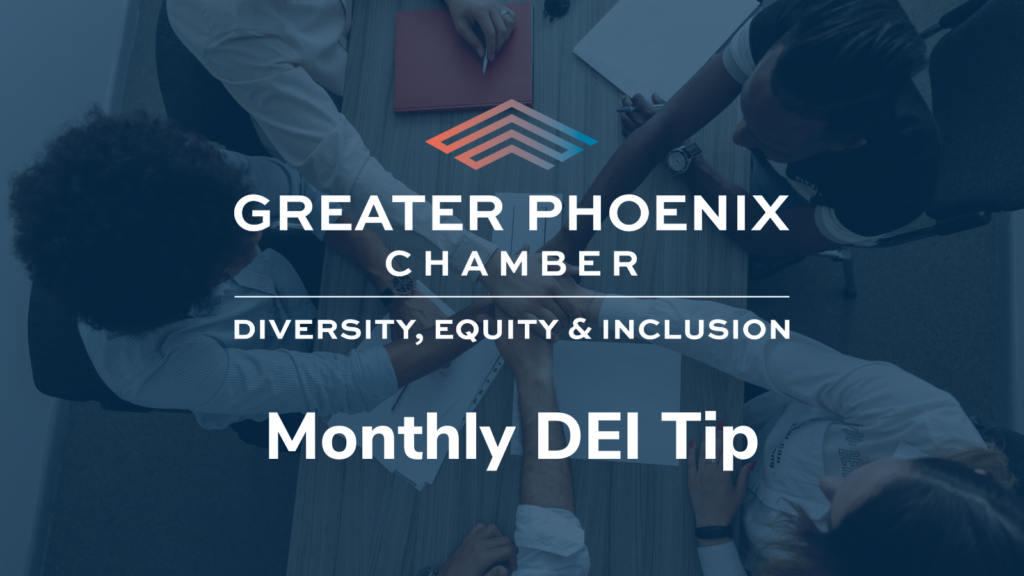An often-overlooked aspect of diversity, equity, and inclusion is the impact that professional social capital has on the success of individuals in accelerating their careers. Social capital entails networks, resources and key connections that help people access opportunities and navigate their career paths (Jobs for the Future). Underrepresented and underrecognized groups have less systematic access to build social capital (Jobs for the Future, Parsons, Shaninger, & Weddle, 2022). There are ten key takeaways leaders should consider when evaluating opportunities to help their employees build social capital as part of their career plan. Leaders need to shift managing workplace interactions more intentionally (Parons, Shaninger, & Weddle, 2022).
- Create awareness of the importance of social capital – by especially focusing on the value of building relationships across the organization beyond their own teams or levels as well as others outside the organization in relevant industries and roles. This could include providing funding to join professional associations. The pandemic has shrunk professional networks for some (Parons, Shaninger, & Weddle, 2022).
- Formalize onboarding – by not only incorporating welcome activities, orientating employees to policies, procedures, systems, and equipment, but also providing insights on who employees should meet with first, sharing insights on values and norms, and initiating the discussion on their career goals.
- Implement mentoring – through the formalization of a mentoring program matching employees to senior leaders who are in roles that align to employees’ career plans and can become sponsors for their mentees.
- Implement social activities or events – to promote networking and help employees practice their relationship building skills.
- Develop a career plan template – asking all leaders to help facilitate conversations with their employees on their career interests and supporting the completion of a career plan for their employees. These plans should have future goals for next level roles and identify action steps that can support them in getting ready for those future roles.
- Implement professional development plans – specifically beginning with building a professional brand, leveraging social media to support their brand profile, and increasing their network, and later advancing the training to incorporate their professional tracks, personalizing their development plans to align to their career plans.
- Establish standards on how projects and initiatives are assigned – to avoid picking the same few employees for highly visible and critical initiatives. This should be intentional and strategic to deepen the talent bench and build diversity at all levels.
- Implement job rotation or job shadowing – to expose employees to new roles specifically across functions. This not only helps employees develop their vision for their long-term career goals, but it also supports relationships building, and helps employees acquire new skills and business acumen.
- Implement expansive Employee Resource Groups (ERGs) – to promote inclusion and while aligning the ERGs to employees’ expectations. ERGs help employees build community, provide connection to leadership, and create an environment for feedback and ideas to be shared by employees.
- Implement an evaluation tool – to monitor effectiveness of the selected activities and structure. Research indicates that organizations who focus on employee’s development of social capital have increased employee retention, increased innovation and organizational performance, more diverse teams, and increased sense of belonging (Parons, Shaninger, & Weddle, 2022).
References
Jobs for the Future (2022, November). Professional Social Capital: A Key to Black Economic Advancement. Accessed from https://info.jff.org/social-capital-framework
Parons, J., Shaninger, B., & Weddle, B. (2022, August). Network Effects: How to Rebuild Social Capital and Improve Corporate Performance. Retrieved from https://www.mckinsey.com/capabilities/people-and-organizational-performance/our-insights/network-effects-how-to-rebuild-social-capital-and-improve-corporate-performance#/


